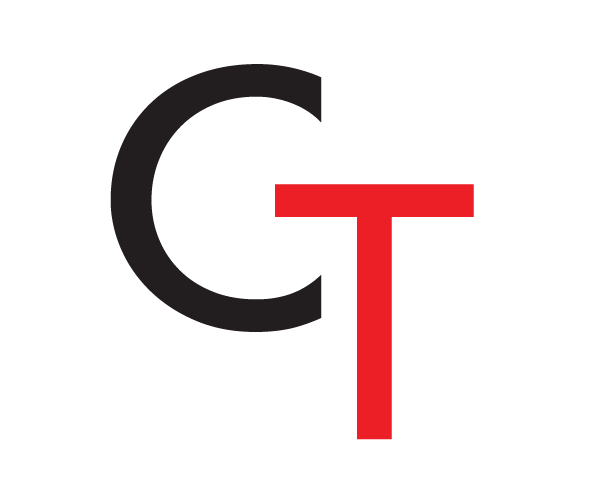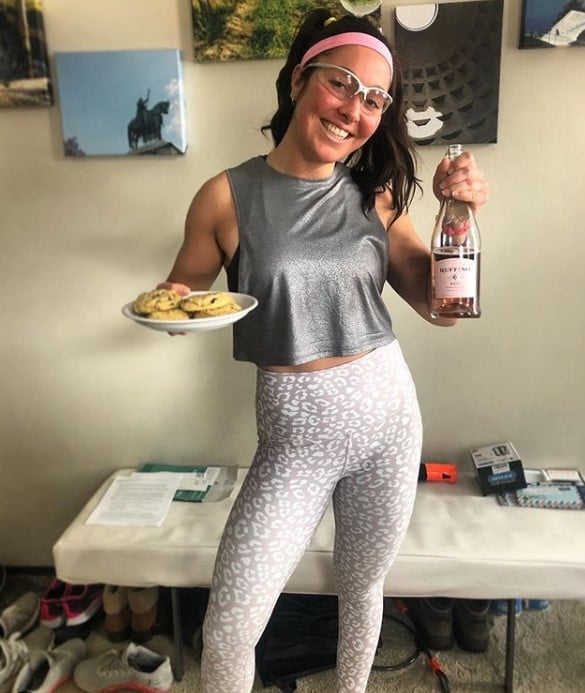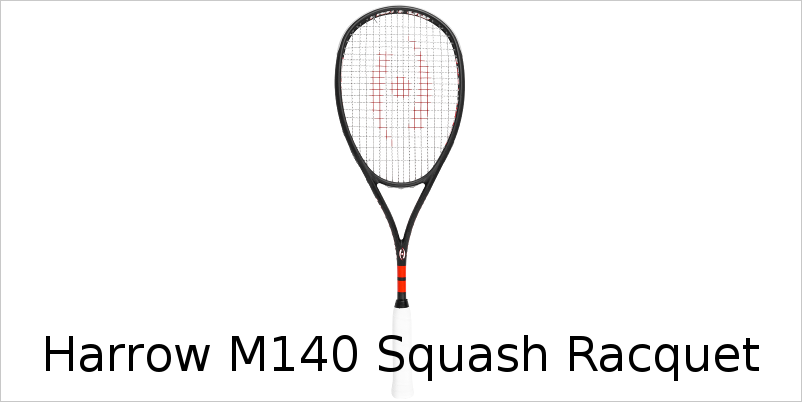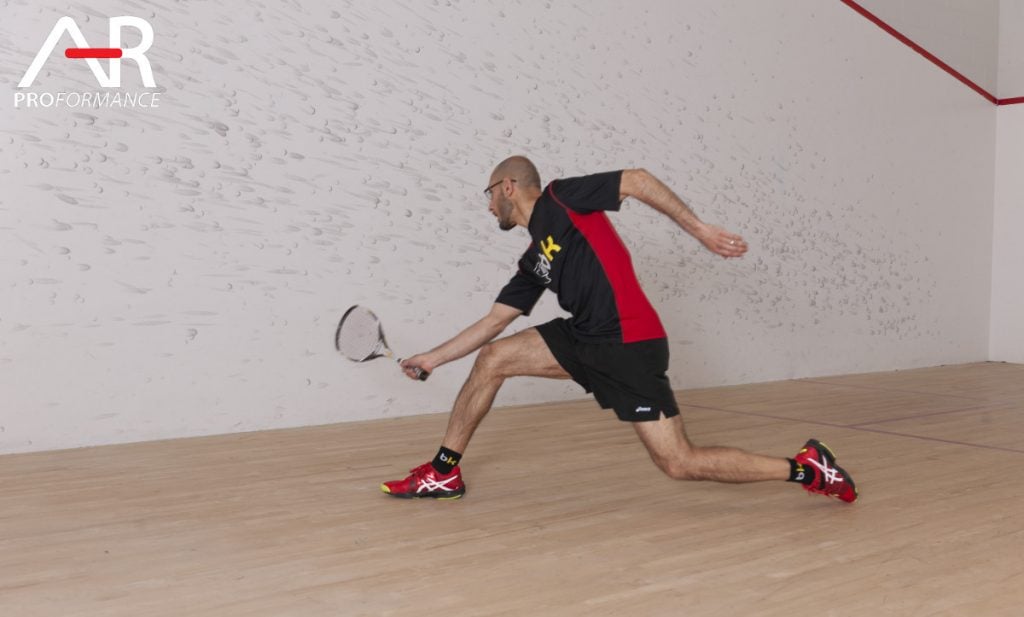Preparing for tournaments is a very important aspect of squash that is overlooked by many players. People tend to show up on the day of a tournament and dive right into the action without putting much thought into their preparation.
Of course, time to prepare is a luxury afforded only to players who don’t have jobs or families or otherwise “real” lives. In this article, I will give a brief rundown of the ideal week of preparation for a tournament. Taking just a few of these tips and adapting them to your own tournament routine will definitely give you a better chance of performing at your best.
Assuming a tournament starts on Friday, the last intense training session should happen on Tuesday. This allows two full days to let any soreness or minor injuries heal up. Wednesday and Thursday consist of a few light hits to groove your swing and find a comfort zone on court.
Any last-minute training at this point will probably work against you in the tournament. Adding in some light ghosting and stretching will help keep your movement sharp. By the time Friday rolls around, your legs should be feeling fresh and ready for the explosive movements that will be required. Sometimes Thursday or Friday will be travel days; in this case, I would strongly advise getting some sort of exercise before your first match.
This will get your heart rate up and stretch out your legs after being stationary for a few hours. The ideal scenario is getting on court at the tournament venue to loosen up and adjust to the courts.
No two clubs have courts that play exactly the same. I find people really underestimate how much of a difference this makes. The five-minute warm-up before your match is not enough time to fully adjust from dead plaster courts to bouncy panel courts. Again, I realize this is not always a possibility...
Everyone has a slightly different routine in the last hours before their matches. What you eat, how much you eat, how long you warm up, etc. are all matters of personal preference.
The important thing is to strive for consistency, as you are trying to minimize the variables that are in your control. Having a consistent warm-up doesn’t guarantee you will play well, but it does give you the best chance of playing well every time.
Pros often arrive at tournaments three or more days early and dedicate all their waking hours to ensuring they will be firing on all cylinders come match time. When game day finally arrives, all the focus and buildup of the previous days comes to a critical point at which every ounce of energy can be left on court.
This meticulous preparation is the reason why professionals can perform at a consistently high level. Telling two guys to play a match out of the blue on a normal day of training would yield a much lower quality encounter than a tournament match.
So, take these tips and realistically adapt them to your game. See how you perform at your next tournament!



